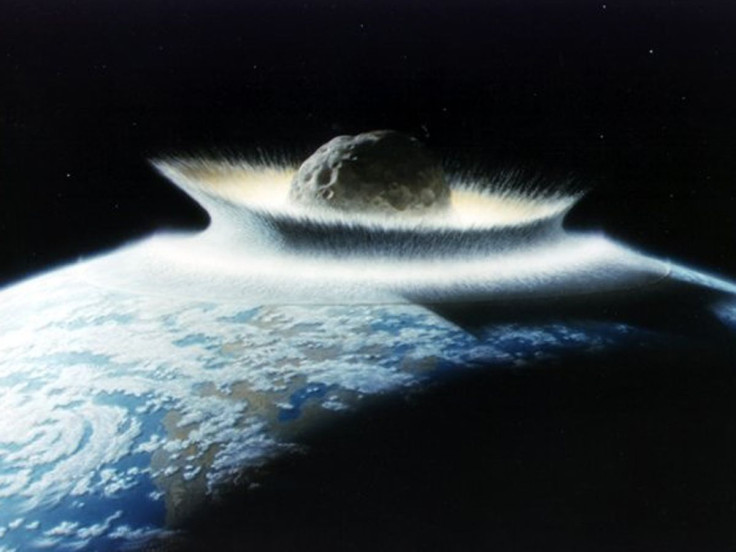1,200ft Asteroid Could Crash Into Earth Because NASA Missed This Small Detail

The chances of a massive asteroid hitting Earth increased after scientists discovered a minor detail that could significantly alter its path. According to studies, a small gravitational field could be enough to pull the asteroid into a direct collision course with the planet.
Back in 2004, NASA discovered that asteroid Apophis 99942, which spans over 1,200 feet, was on a near-collision path with Earth. According to the space agency’s projections, there was a 2.7 percent chance of the asteroid hitting Earth in 2029.
The following year, concerns regarding the asteroid were put to rest after NASA projected that it will miss Earth by about 20,000 miles.
However, a team of scientists suddenly discovered a major factor that could significantly alter the asteroid’s trajectory. According to Patrick Michael, a scientist at the French Riviera Observatory in Nice, France, previous studies on Apophis 99942 did not take into account the effect of a gravitational keyhole, Express reported.
This keyhole is a small region in space that’s affected by a nearby planet’s gravitational pull. If an asteroid passes by a gravitational keyhole, its flight path will change. This could lead to a potential impact when the asteroid passes by the planet again in the future.
According to Michael, there’s a gravitation keyhole near Earth that’s about 2,000 feet wide. If Apophis 99942 passes through this keyhole, it might get pulled into a direct collision course with Earth in its future orbital pass.
“If Apophis goes through it, it will crash into Earth in 2036,” Michael said, according to Express. “Otherwise it will miss Earth by several million kilometers.”
Following the discovery by Michael’s team, NASA carried out another detailed observation on the asteroid. After considering the effect of the gravitational keyhole on Apophis 99942, the space agency concluded that the asteroid only has a small chance of hitting Earth.
According to the space agency, the chances of the massive space rock hitting Earth in 2036 is one out of 45,000. However, despite ruling out a possible impact event in the next two decades, there’s a chance that the asteroid might still collide with Earth sometime in 2068.
© Copyright IBTimes 2025. All rights reserved.





















